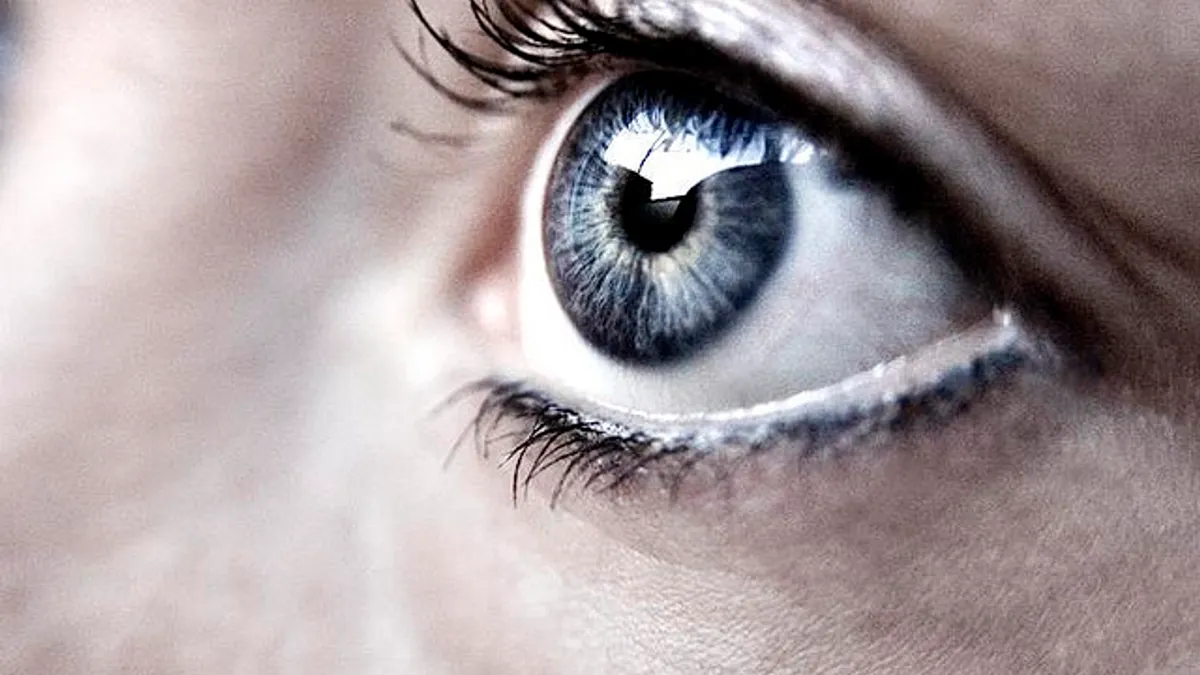Dive Brief:
- Verily, the life sciences unit of Google parent Alphabet, said its machine learning algorithm, developed with Google, is being used to assess images for diabetic eye diseases at Aravind Eye Hospital in Madurai, India.
- The automated screening tool checks for diabetic retinopathy and diabetic macular edema, two leading causes of blindness. The goal is to expand access to screening and detect disease earlier, Verily said in a blog post.
- The algorithm has received CE mark approval, Verily said, but it did not say what its plans are for the technology in Europe.
Dive Insight:
Diagnostics based on use of artificial intelligence hold the promise of stretching limited healthcare resources to reach more people, and directing more patients who need specialist care into the right hands.
In April, FDA approved the first autonomous artificial intelligence diagnostic system cleared for sale in the United States. The cloud-based IDx-DR software detects diabetic retinopathy in images taken by retinal cameras.
A shortage of eye doctors in India and limited screening of people with diabetes mean the diseases often go undiagnosed and untreated, Verily said. In a global clinical research program focused on India, the algorithm was shown to be on par with general ophthalmologists and retinal specialists' assessment of images for disease, Verily said.
In the retinal diagnostic program at India's Aravind Eye Hospital, a technician takes one image per eye using a fundus camera. The pictures are uploaded via management software, and the screening algorithm assesses the images for diabetic retinopathy and diabetic macular edema. Results are rapid, so the technician can determine whether patients should be referred to an eye doctor.
Verily said it is continuing to work with Aravind to extend the program to vision centers in remote and rural communities where about 70% of India's population live.
The company also has launched a study with Rajavithi Hospital, operated by the Ministry of Public Health in Thailand, to study use of the algorithm in a national screening program for diabetic retinopathy.
In addition, Verily said it is collaborating with Nikon and its subsidiary Optos to evaluate additional geographies where machine learning tools for diabetic eye disease screening could have an impact.
In August, a study of Google's DeepMind artificial intelligence system, developed in partnership with Moorfields Eye Hospital in the U.K., showed the technology could determine how patients should be referred for more than 50 eye diseases with the same accuracy as a physician.











